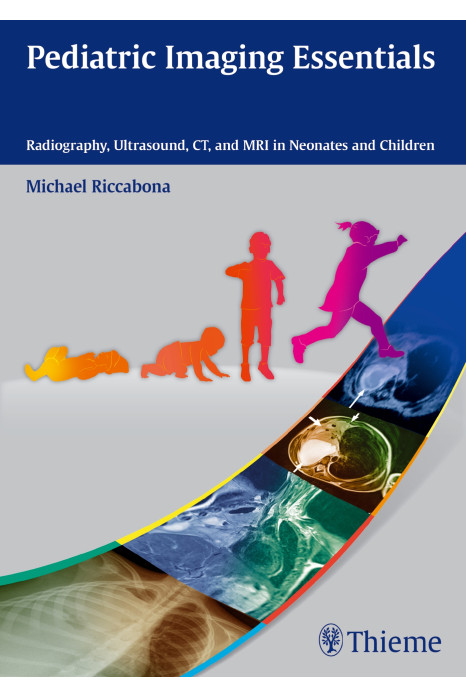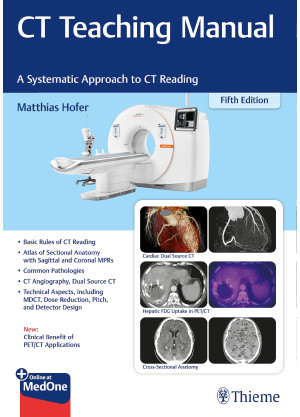For all radiologists diagnosing infants and children, knowledge of best practices in pediatric imaging is essential to safely obtaining high-quality images and achieving accurate diagnoses. This practical text covers current guidelines and key topics in the field, including choice of modality, equipment and dosages, child-specific diseases, typical imaging findings, differential diagnostic aspects, and safety factors. This book is invaluable for all clinicians and radiologists who diagnose and manage this sensitive population.
Special Features:
- Explores the use of all standard imaging modalities in children as compared to adults, especially with regard to ultrasound, CT, and MRI
- Supplies more than 600 high-quality images to help in interpreting findings, including imaging of suspected child abuse
- Shows how to adapt examination protocols and equipment requirements for the specialized needs of pediatric patients
- Describes important safety protection measures in children utilizing the ALARA principle of radiation exposure (As Low As Reasonably Achievable)
- Summarizes a wide array of pediatric diseases and disorders in a concise, checklist format, including clinical features, imaging findings, differential diagnosis, associated syndromes, and treatment recommendations
- Includes lists of indications, summary tables, imaging protocols, case studies, and quiz questions to test your knowledge
This book provides a fundamental understanding of imaging in infants and children and is an ideal, practice-oriented reference for residents, fellows in pediatric radiology, and general radiologists. It is also written for pediatricians, pediatric surgeons, and other interested doctors and specialists who want to know more about imaging specifics in the pediatric age group.













